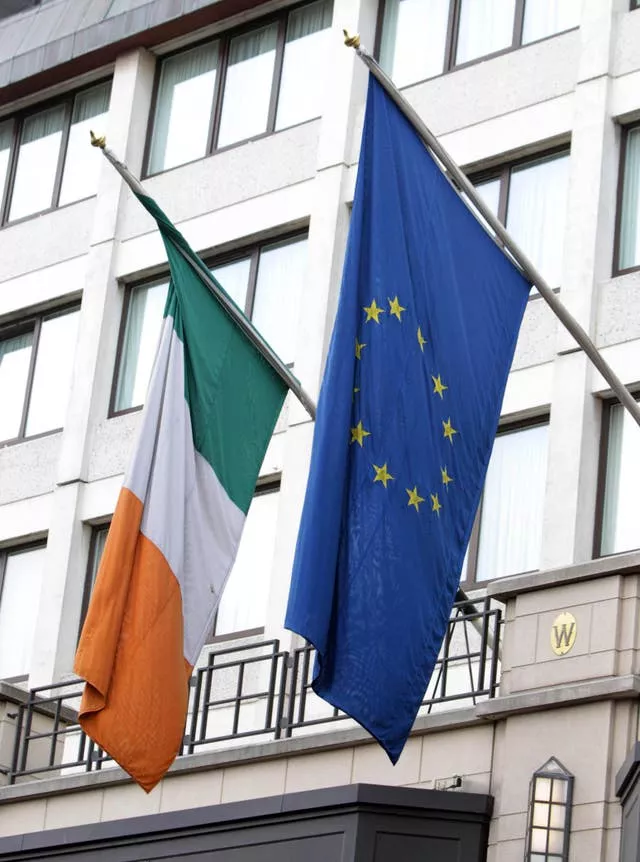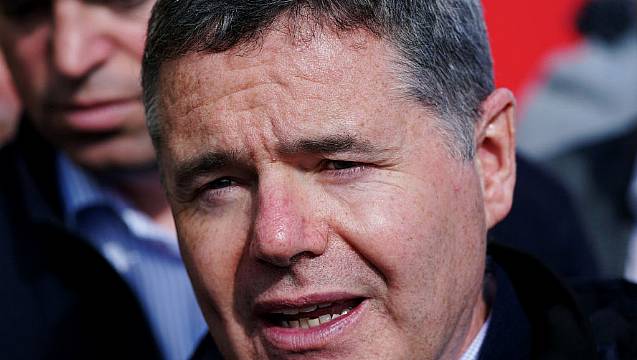Any move to increase Ireland’s contribution to the EU would need to deliver benefits to the country in the longer term, Paschal Donohoe has said.
The Minister for Public Expenditure said it was “too early to say” whether Ireland would be asked to contribute more to future EU budgets.
Mr Donohoe was at the EU summit in Brussels on Friday to update European leaders on the work of the Eurogroup of Eurozone finance ministers.
Arriving at the meeting, the minister, who is president of the Eurogroup, was asked whether it was inevitable that Ireland would have to up its contribution in the years ahead.
“Given that the main factor that determines your scale or contribution to the European Union budget is how your economy performs, it’s very difficult to be absolutely clear regarding who could be paying more in the future,” he said.
“But Ireland is already a net contributor.
“We’re already now per capita one of the largest contributors to the European Union budget and I believe that’s appropriate.
“We’ve benefited from this budget many times in the past, we continue to benefit from it.
“And I would certainly make the case for maintaining that level of contribution.
“As I look at the debate and negotiation that’s under way, we’re going to continue to be large contributors to the EU budget and to the future EU budget but I think for that contribution to grow even more in the future we’d also want to be very clear regarding how that will benefit the European Union in a way that would also be of help to Ireland in the long term.
“So, it’s a little too early to say if there’s going to be any further contribution from any country but Ireland’s already one of the largest net contributors on a per capita basis.”

Mr Donohoe also warned that, while the economic performance of the Eurozone economies was currently strong, there were signs of a slowdown.
“Clearly, the world is changing at the moment,” he said.
“Economies are beginning to change.
“They are beginning to slow down and we need to keep the gains that we’ve made.”
Mr Donohoe also stressed the need for EU member states to agree new proposed rules to tighten controls around managing countries’ debt and deficits.
He said while the rules would affect future fiscal decisions in Ireland, the fact the country was currently running a surplus meant the impact would not be as significant as for those countries running deficits.
“Because we’re in a surplus position, the change in fiscal rules will have some effect, but the effect will be a lot smaller than countries that are running a deficit at the moment,” he said.
“The fiscal rules are likely to point to a rate of change in relation to spending but that rate of change is something that we’re already committed to doing in Ireland, so because we’re beginning from a surplus position it will have an impact, but the impact will be very different to countries that are beginning all of this with a deficit.”







